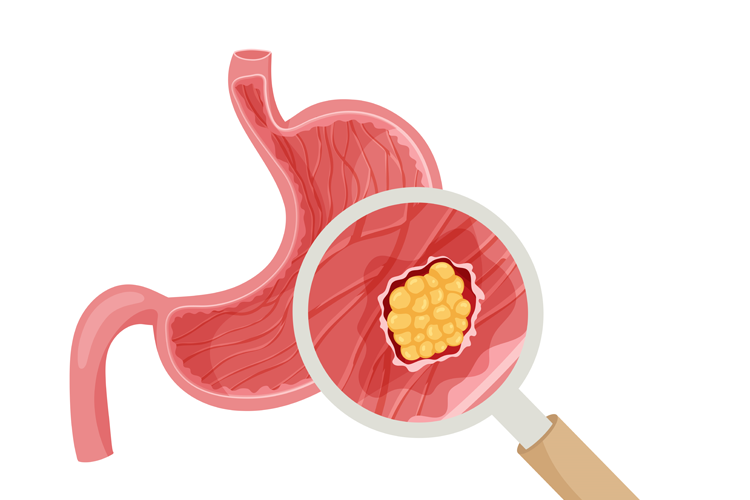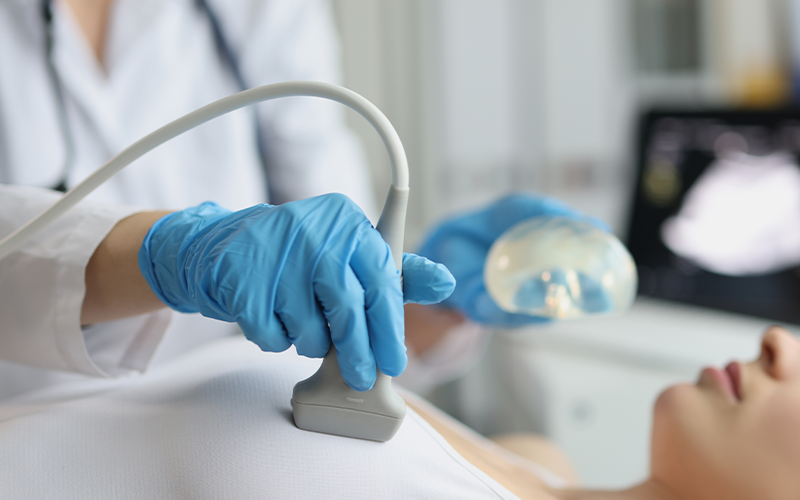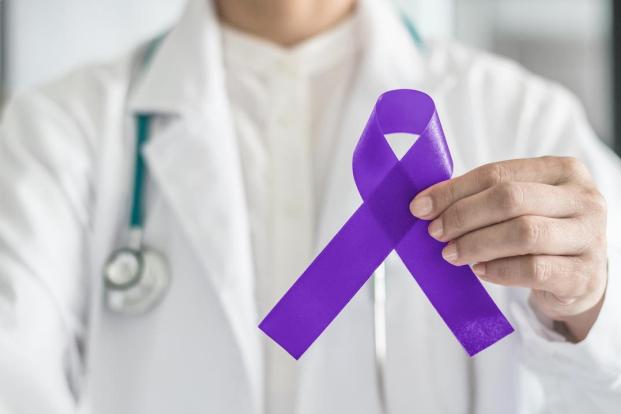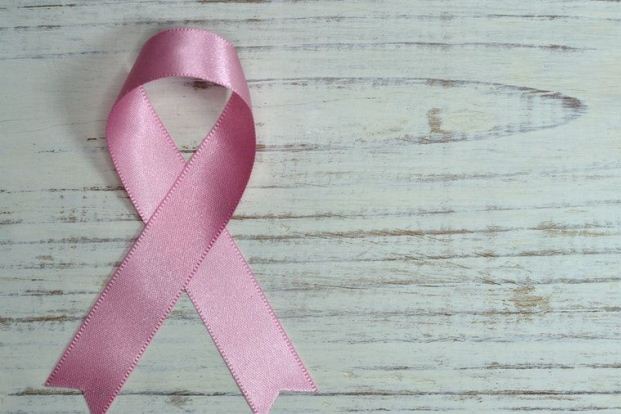Breast Cancer Diagnosis

Apr 19, 2022
Breast cancer is the most common cancer among women. Timely diagnosis of this cancer is very crucial for proper management and a possible cure. Most women present with breast lump or mass which they notice during their daily activities. Few others may present with nipple discharge, breast discomfort or inflammation.

The physician will examine and decide whether further tests are required or not. Mammography is a type of X-ray which is used for screening breast cancer. For screening purpose two different views are taken which can detect about approximately 4-8 breast cancer patients per 1000 women screened. There are many guidelines which recommend routine mammography to be done every year for women more than 40-45 years. Breast MRI can be useful for screening purpose for high risk women like BRCA mutation or life time risk of developing breast cancer more than 20% which depends on some mutational changes or syndromic association. Tomosynthesis, elastography and nuclear imaging are other diagnostic methods but not available everywhere. After imaging, pathological diagnosis is necessary for confirmation. Triple test includes clinical breast examination by your physician, mammography and needle test. Biopsy is done if there is any suspicious mass in the breast. The biopsy tissue is examined by a pathologist and reporting is done. In the reporting it is important to know about estrogen receptor, progesterone receptor and Her2neu receptor status. These receptors can change the management as many specific drugs are available against them. For suspected advanced diseases, work up for other metastatic sites like bone, lung and liver is done. This may includes CT scan, bone scan or a PET –CT. A complete diagnosis remains the basis for the best treatment delivered.







